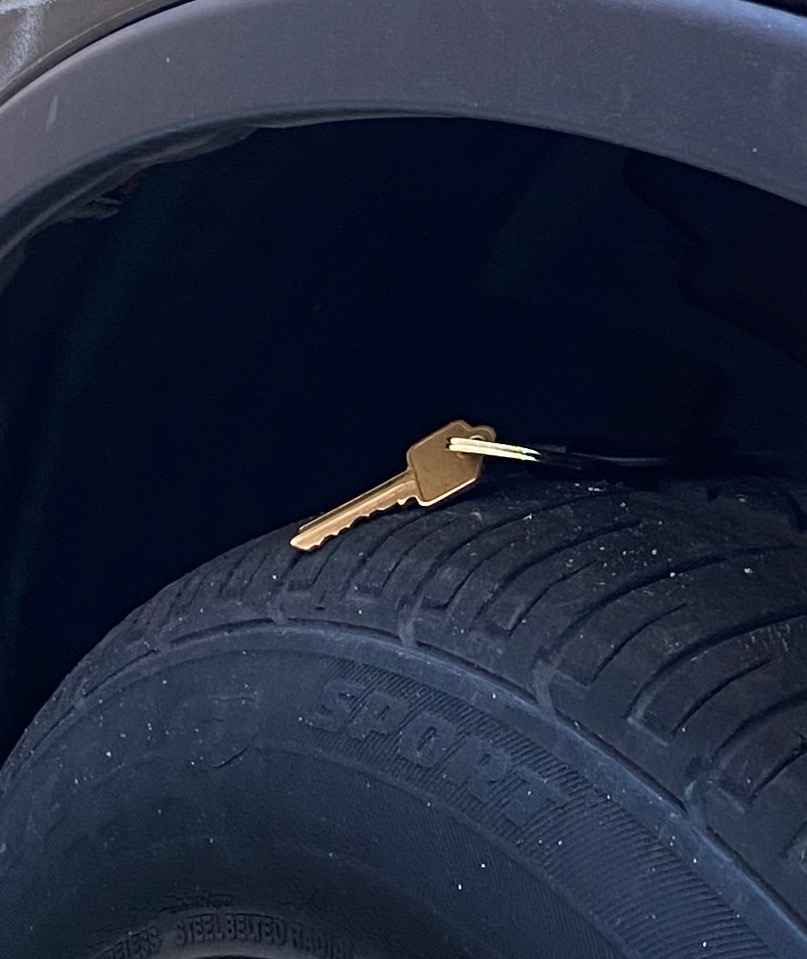The contents of the game's netlogs isn't sensitive information in the context in which they are collected. It includes numerical IDs and the IPs/ports of the peers the client was connected to, peers who had to expose themselves to such connections to participate in this peer-to-peer game.
Anyway, since I didn't get to see the OP's video, I've used context clues to source one that I think is probably close enough:
Security through obscurity is false security. Also, I generally consider exposing and publicizing vulnerabilities to be a good thing...so they can be addressed and so that those responsible for addressing them can be held accountable. Depending on circumstances it may be prudent to point out an apparent flaw privately, at first, but if nothing is done in a reasonable amount of time and the vulnerability is still putting people at risk, exposing it to force the issue, and to warn those who may be affected that they need to take their security into their own hands, would be the responsible thing to do.
Knowing the IP of someone connected to your system or the port that was used for that specific connection (which doesn't necessarily have to be open to arbitrary connections...the game uses various NAT traversal protocols) doesn't sound like much of a problem to me.
Sure a malicious actor could use the time stamps in the CMDR logs from the "Saved Games" folder to match IDs from the netlogs to CMDR names and then know whose IP that is, which may be used to attempt to launch some sort of attack upon that individual, but--as previously mentioned--that information can be obtained nearly as easily other ways.
Regardless, Frontier isn't going to stop anyone from posting their netlogs, if they obfuscate the client IP address they contain.
Anyway, since I didn't get to see the OP's video, I've used context clues to source one that I think is probably close enough:
letting people who otherwise wouldn't be aware of it that it exists and how to get at it is irresponsible to say the least
Security through obscurity is false security. Also, I generally consider exposing and publicizing vulnerabilities to be a good thing...so they can be addressed and so that those responsible for addressing them can be held accountable. Depending on circumstances it may be prudent to point out an apparent flaw privately, at first, but if nothing is done in a reasonable amount of time and the vulnerability is still putting people at risk, exposing it to force the issue, and to warn those who may be affected that they need to take their security into their own hands, would be the responsible thing to do.
OP defined the practical problem pretty clearly.
Knowing the IP of someone connected to your system or the port that was used for that specific connection (which doesn't necessarily have to be open to arbitrary connections...the game uses various NAT traversal protocols) doesn't sound like much of a problem to me.
Sure a malicious actor could use the time stamps in the CMDR logs from the "Saved Games" folder to match IDs from the netlogs to CMDR names and then know whose IP that is, which may be used to attempt to launch some sort of attack upon that individual, but--as previously mentioned--that information can be obtained nearly as easily other ways.
Evidence of what?FDev are clearly unhappy with anyone posting forensic evidence, so that's not going to happen.
Regardless, Frontier isn't going to stop anyone from posting their netlogs, if they obfuscate the client IP address they contain.

